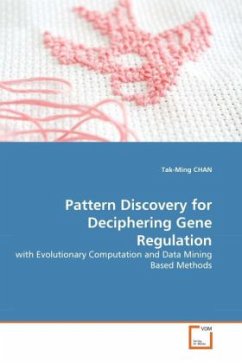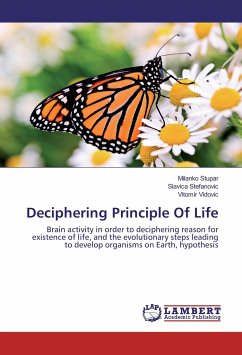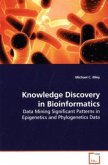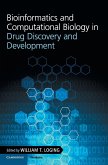Transcription Factor (TF) and Transcription Factor Binding Site (TFBS) bindings are fundamental protein-DNA interactions in transcriptional regulation. TFs and TFBSs are conserved to form patterns (motifs) due to their important roles for controlling gene expressions and finally affecting functions and appearances. Pattern discovery is thus important for deciphering gene regulation, which has tremendous impacts on the understanding of life, bio-engineering and therapeutic applications. This thesis contributes to pattern discovery involving TFBS motifs and TF-TFBS associated sequence patterns based on Evolutionary Computation (EC), especially Genetic Algorithms (GAs), which are promising for bioinformatics problems with huge and noisy search space. On TFBS motif discovery, three novel GA based algorithms are developed, namely GALF-P with focus on optimization, GALF-G for modeling, and GASMEN for spaced motifs. TF-TFBS associated sequence pattern (rule) discovery is further investigated for better deciphering protein-DNA interactions in regulation. We for the first time generalize previous exact TF-TFBS rules to approximate ones using a progressive approach.








